✅ The Complete Chinook Puppy Shopping List
Bringing home a new furry friend is an exciting time, but preparing for their arrival can be overwhelming. If you’ve decided to add a Chinook puppy to your family, you’ll want to make sure you have everything you need to keep them happy and healthy. From basic essentials like food and water bowls to training aids and toys, there are a lot of items you’ll want to have on hand. In this article, we’ve compiled a comprehensive new puppy checklist of 23 must-have items for new Chinook puppy owners, so you can feel confident that you’re fully prepared for your new furry family member.
1. Chinook Puppy Food
When it comes to choosing a good food for a chinook puppy, there are a few things to consider. Firstly, the puppy’s age. Puppies in the first few weeks of life will require different nutrition than older puppies. For example, a newborn puppy will need a food that is high in fat and protein, while an older puppy may require a food that is lower in fat and higher in fiber. Many chinook owners prefer to continue using the same food that the breeder or rescue was using, at least in the beginning. In addition, always speak with your veterinarian about their food recommendation.
To view which puppy foods iHeartDogs recommends, visit our guide here.
2. Food & Water Bowls
When choosing a water and food bowl for a chinook puppy, it’s important to choose one that is easy to clean and will not harbor bacteria. Plastic bowls are often the most popular choice, as they are inexpensive and can easily be replaced. However, plastic bowls are more likely to harbor germs. Stainless steel and ceramic bowls are a good choice, as they are more durable and do not hold onto odors. It’s important to choose a bowl that is the right size for your chinook puppy, as too large of a bowl could make it difficult for them to eat and drink from it. Additionally, try to find a bowl with a non-slip bottom, as this will help to keep it from sliding around on the floor when your puppy is eating or drinking. Finally, check for any sharp edges that could hurt your puppy.
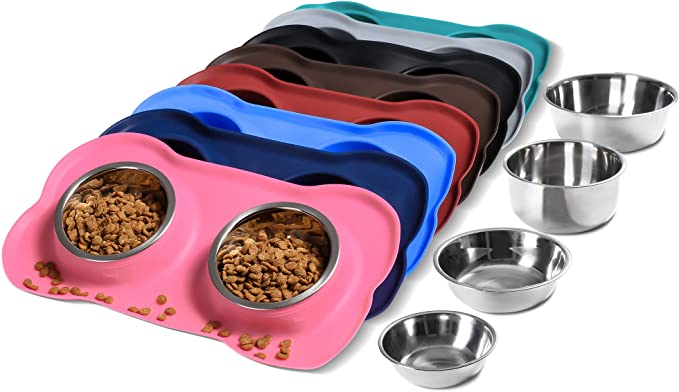
3. Leash and Collar (or Harness)
You’ll need a quality collar and a leash for your new chinook pup. Make sure the collar is the right size and comfortable for your pup to wear. Keep in mind they will likely grow out of them quickly, so you may want to buy multiple in different sizes.
For collars, we love these simple and durable embroidered collars. Having your dog’s name and phone number personalized directly on the collar is an extra precaution, as dog ID tags can easily wear out and fall off.
4. Dog Crate
If you plan to crate train your pup, you’ll need a crate. When choosing a crate for your puppy, there are a few things to consider. First, make sure to purchase one that is the appropriate size for your puppy. The crate should be big enough for your puppy to comfortably stand up, turn around, and lay down, but not too big that they have too much extra space. Second, consider the type of crate you purchase. Wire crates are more breathable and typically lighter, but plastic crates create a more enclosed space, which is ideal for puppies that are anxious or crate-trained. Third, think about the features of the crate. Look for crates with removable trays, handles, and locks for safety and convenience. Lastly, consider the price range of the crate. Many pet stores have a variety of crates within different price ranges, so you can choose one that fits your budget.
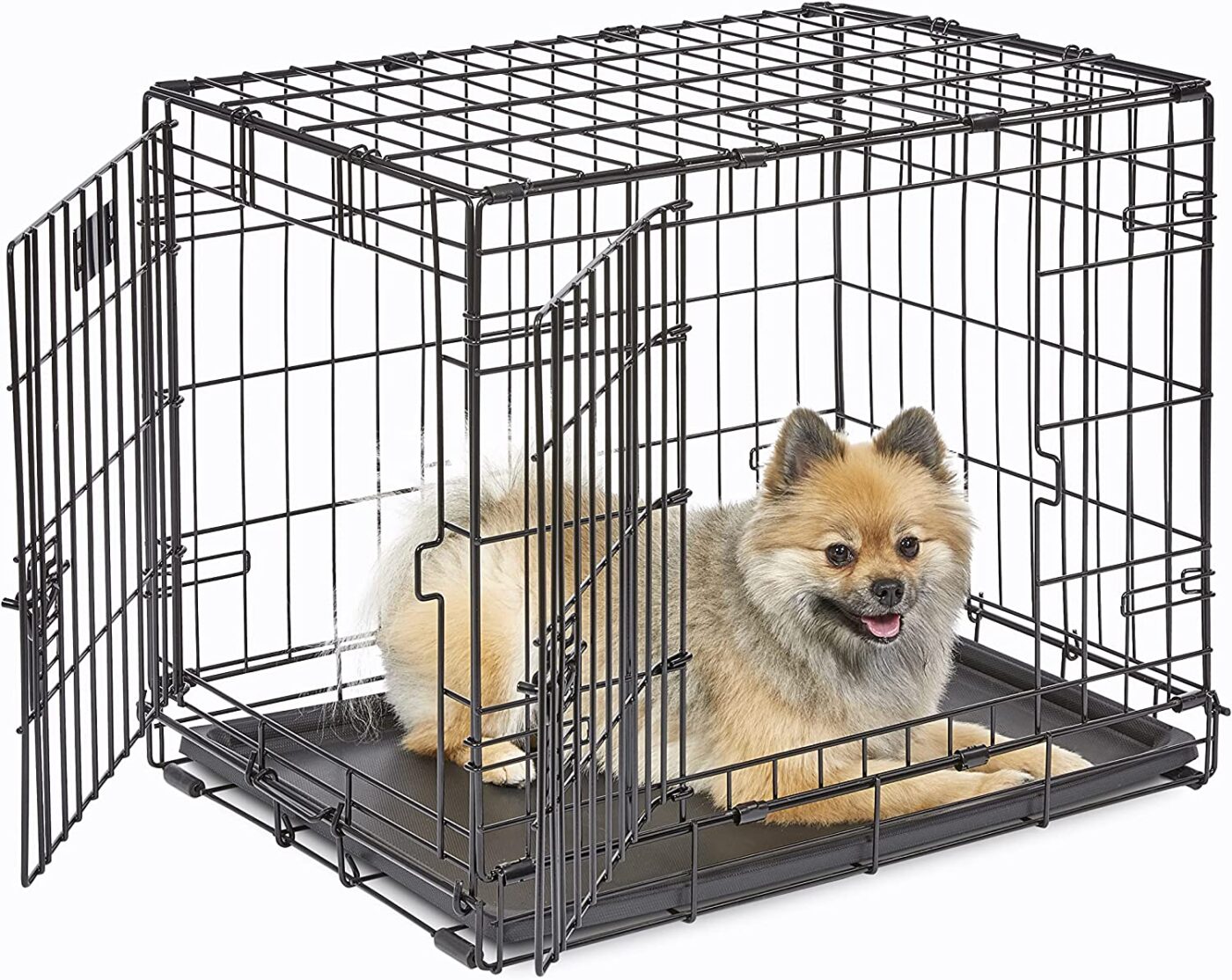
5. Chinook Appropriate Toys
When choosing toys for a new puppy, it’s important to find ones that are safe and durable. Look for toys that are made with non-toxic materials, are easily washable, and don’t have small parts that can be chewed off and swallowed. Soft, plush toys are great for cuddling and playing, and durable rubber or plastic toys can help with teething. Choose a variety of toys to keep your puppy entertained and help them learn about the world around them. It’s also a good idea to rotate toys. Periodically add and remove toys from your puppy’s toy box to keep them fresh and exciting. And lastly, always always monitor your puppy while playing to ensure they don’t destroy a toy and it becomes a choking hazard!
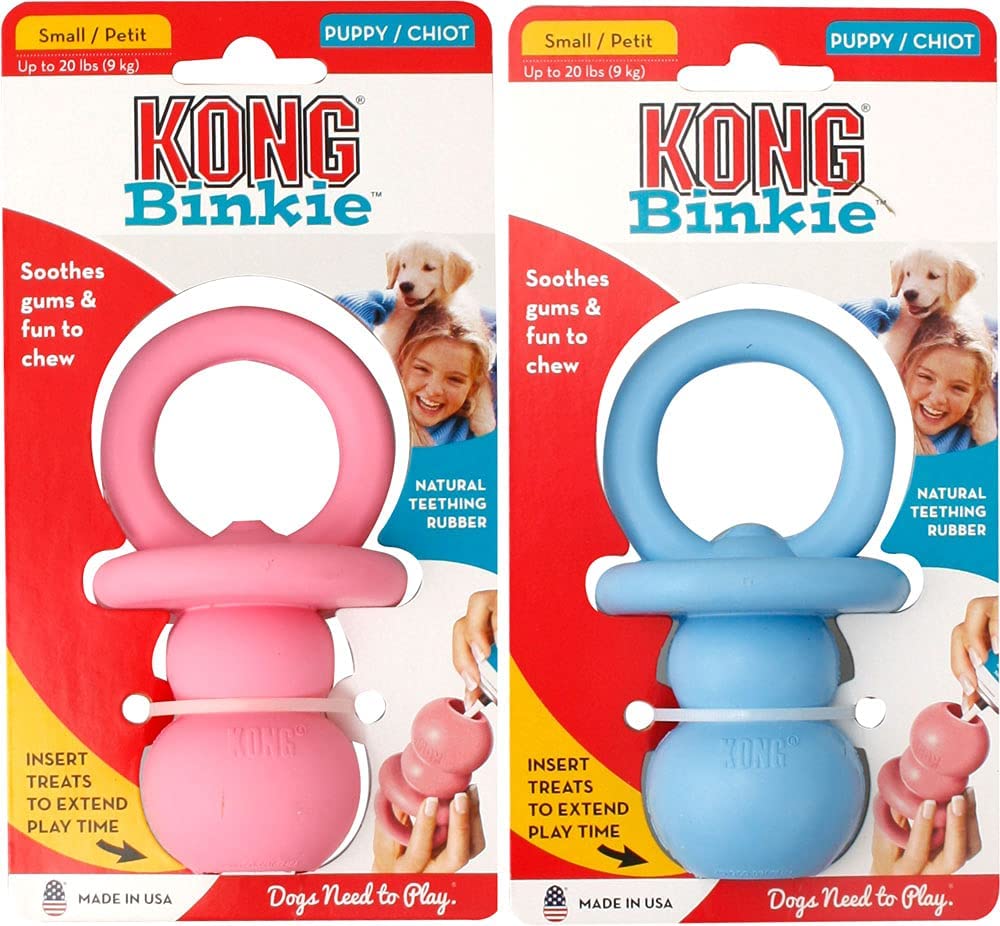
7. Natural & Safe Puppy Chews
In addition to durable toys, you’ll likely want to invest in some long-lasting natural chews for you chinook pup. Avoid chews with dangerous or synthetic ingredients like rawhide. Our puppies have always enjoyed the Earth Animal No-Hide chews. They looks and feel like rawhide, but are made from safe, but still long lasting ingredients.
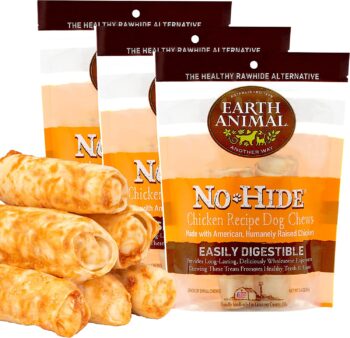
8. Grooming Supplies
If you plan to groom your pup yourself, you’ll need some basic grooming supplies. This includes a brush, shampoo, nail clippers, and anything else you need to groom your pup.
9. Dog Bed
Choosing a good bed for your new chinook puppy is important. Look for one that is comfortable, supportive, and easily washable. Make sure the bed is large enough for your puppy to grow into, and that the material is durable enough to withstand wear and tear. Choose a bed that is made from a breathable material to help keep your puppy cool and comfortable. Finally, look for a bed that is easy to clean and maintain.
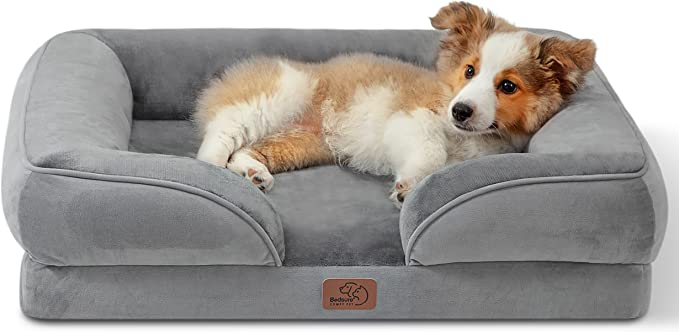
10. High Value Treats
Choosing good treats for a new puppy can be a daunting task. The first thing to keep in mind is that not all treats are created equal. Some treats contain unhealthy ingredients that can cause health problems for your pup, so it’s important to read labels and understand what goes into the treats you’re purchasing. Focus on a treat that is mostly meat based. Fillers, including carbohydrates, unhealthy fats, and sugars are NOT what your puppies body craves.
TIP: Most dog treats contain a small amount of protein and lots of fillers. Instead, choose a mostly meat based product which will be even more desirable to your dog, while at the same time being far more nutritious.
The Nature is Good brand is made of small, kibble sized pellets and can be fed as a treat, a dog food mixer, or even a complete and balanced dog food. It's available in chicken or beef.
11. Poop Bags
A good stock of poop bags is absolutely essential. The best deal we’ve found on eco-friendly bags is this 540 box on Amazon. Don’t skimp on quality, as there is nothing worse than putting your hand into a poop bag only to find a hole!
12. First Aid Kit
Accidents can happen, so it’s important to have a pet first aid kit on hand in case of an emergency. This should include items like gauze, bandages, and antiseptic.
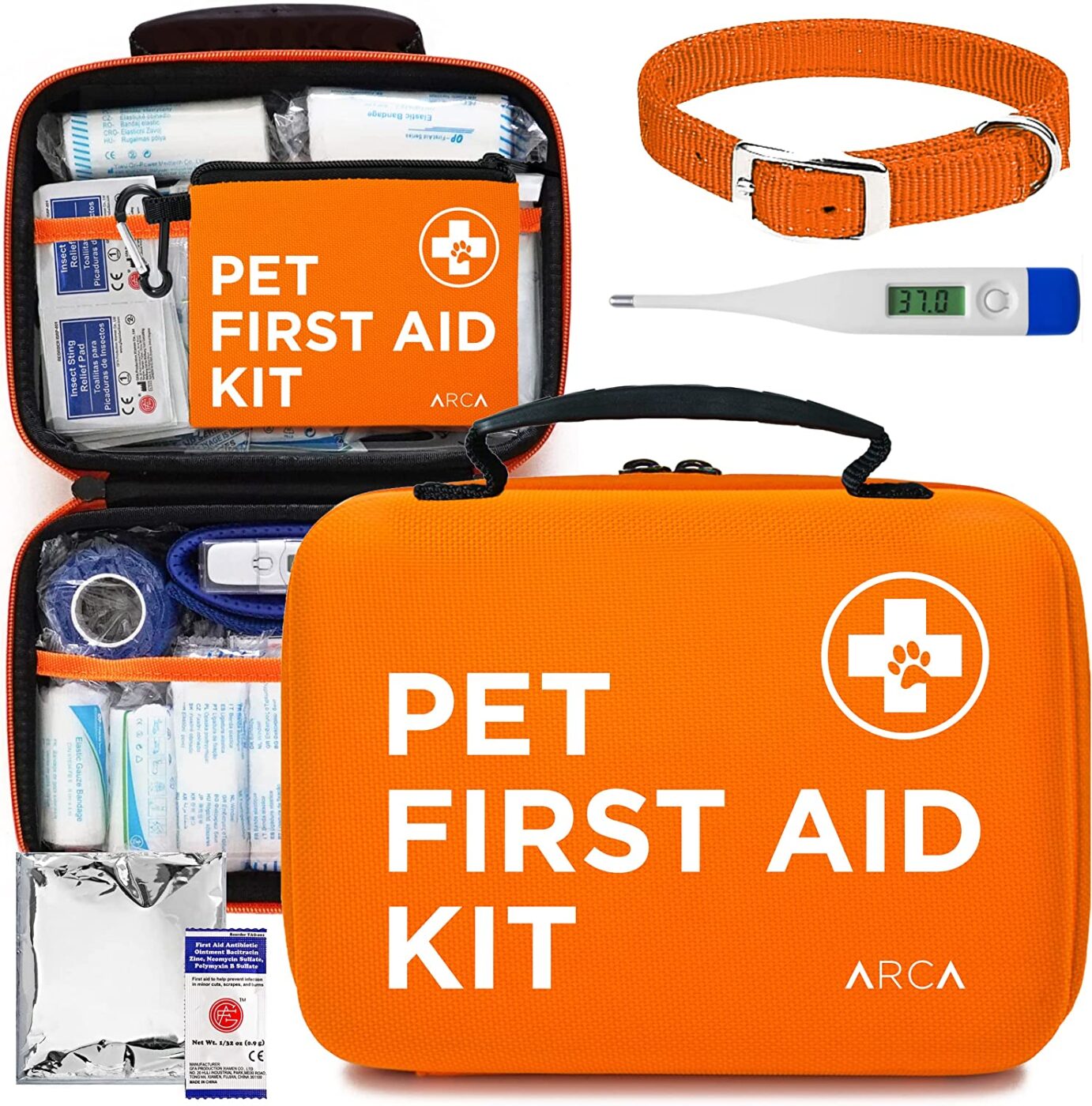
13. Puppy Probiotics (for the inevitable upset stomach)
Transitioning to a new home can be stressful to your new chinook pup. This stress often results in an upset stomach, which can make potty training extra difficult. A good quality, multi-strain probiotic can help soothe your dog’s stomach and regulate their bowl movements. We like this 3-in-1 probiotic chew that also includes prebiotics & digestive enzymes.
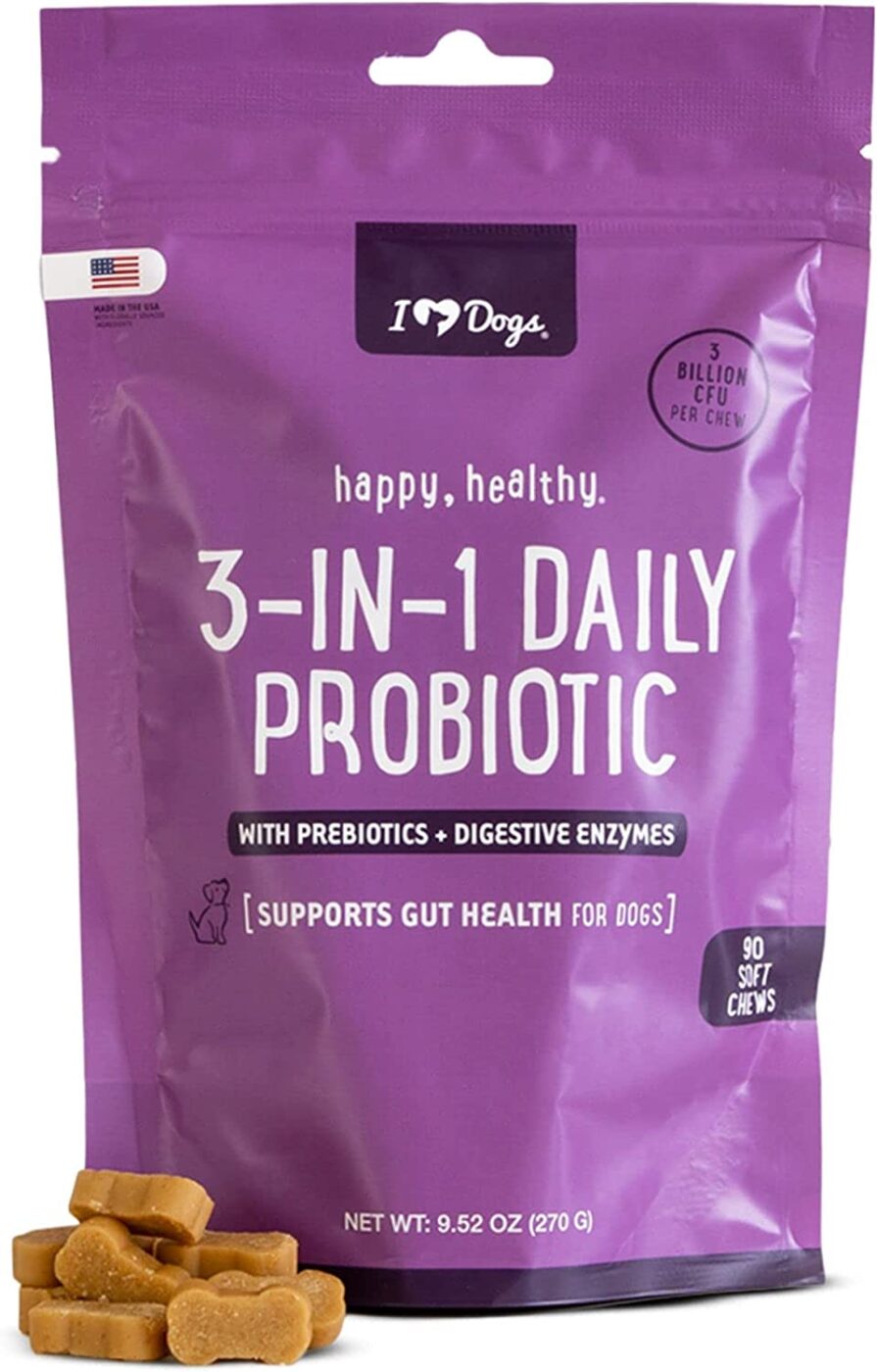
14. Puppy Gate or Pen
There will likely be times where you wish to keep your chinook puppy contained in a smaller area. There are many great puppy gates or pens available for such a need.
15. Puppy Toothbrush
Veterinarians recommend getting your new puppy use to teeth brushing at an early age. They should quickly get use to the idea of someone touching their teeth. We like these small, nearly invisible finger toothbrushes. iHeartDogs knows the importance of dental health for dogs (it could save their life as they age) so they give them away for free (just pay S&H)
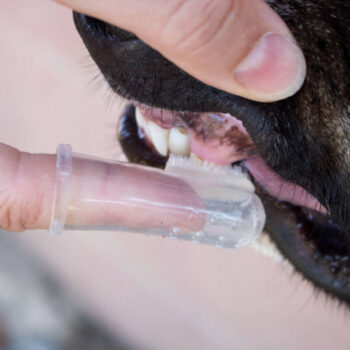
16. Urine & Odor Cleaner
Accidents happen! Inevitably, you’re going to need a good quality enzymatic urine cleaner. Our favorite formula is the Rocco and Roxie stain and odor eliminator on Amazon.
17. Puppy Potty Pads
When choosing pee pads for your new puppy it is important to consider the size, absorbency, and material of the pad. You’ll want to make sure the pad is large enough for your puppy to use comfortably and will last throughout the day. It’s also important to consider the absorbency of the pad. Look for a pad that will quickly and effectively absorb liquid and keep your puppy’s paws dry. In addition, you’ll want to make sure the material of the pad is safe for your puppy. Avoid materials that may contain harsh chemicals or irritants that could be harmful to your puppy’s skin. We love these eco-friendly, reusable potty pads on Amazon.
18. ID Tags
One absolute essential for your new pup is an ID tag to clip on their collar. In fact, go ahead and buy a couple, just in case one falls off! Make sure to include their name, and 2 phone numbers where you can be reached if someone finds your pup. Always remember to remove the collar (along with ID tag) if your puppy is left alone, as it can easily become tangled in something and risk serious injury. Here’s a round up of our favorite dog ID tag designs.
19. Seat Belt (for Harness)
If you plan on taking your chinook with you in the car, a seat belt that connects to their harness is a must! NEVER connect a seat belt to your dog’s collar, as even a small impact will put all the pressure on your dog’s neck.
We like this heavy duty seat belt from Amazon that includes a harness as well.
20. Calming Puppy Heartbeat Toy (to soothe anxiety)
One of the most popular new items for a chinook puppy is a calming heartbeat puppy plush toy. This plush mimics the heartbeat of a mother dog. It also includes a one time use heat pack to mimic the warmth as well. Many dog owners find these very useful for crate training or periods of time when the puppy needs to be left alone.
21. Fish Oil (for Brain Development)
Although not absolutely essential, if you were to give your chinook puppy one supplement, it should be a good quality fish oil. Fish oil contains Omega-3 fatty acids (DHA and EPA) which are critical for early brain development. While some foods contain a bit of fish oil, it’s often a minuscule amount, and doesn’t survive the high heat processing that kibble requires.
We love this Norwegian salmon oil on Amazon. If you compare it side by side next to a typical low quality fish oil, you’ll see (and smell) a huge difference.
22. Brain Games
We all know puppies need to exercise their bodies, but what about their brains? Teaching a dog to use smell to find treats is called “nosework” and its becoming an extremely popular way to engage a bored dog. Remember, a bored puppy is a destructive puppy!
We love this high quality snuffle mat on Amazon. We tried several and there is a big difference in quality of the fabric, many get dirty or teat easily.
23. Chinook Puppy Training Course
Last, but certainly not least: don’t forget dog training! Training your chinook puppy is absolutely critical for their development. Dog training could even save their life in an emergency!
We’re big fans of SpiritDog training, as their online courses have excellent, easy to understand videos. They also allow you to ask unlimited questions to their trainers.
Here’s our top recommendations for chinook puppy training courses:
- Potty Training for Chinooks Course
- Obedience Training for Chinook Course
- Loose Leash Walking for Chinooks Course (teaching your chinook puppy not to pull)
- Coming When Called Chinook Course
- Calming Down a Chinook Course
They also have training bundles that are a much better value, since they contain multiple courses in one:
By having these items on hand, you’ll be well-prepared for your new chinook pup. While it might seem like a lot to buy, these items are essential for providing your pup with the care and attention they need. With the right supplies, you can give your pup the best start to their life.
Frequently Asked Questions by New Chinook Puppy Owners
Bringing home a new Chinook puppy is an exciting time, but it can also be overwhelming. As a new owner, you want to make sure you’re doing everything right to keep your furry friend happy and healthy. Here are four common questions that new Chinook puppy owners may ask:
1. What is the best diet for a Chinook puppy?
A Chinook puppy thrives on a balanced diet of high-quality puppy food, which should be specifically formulated for medium to large breeds to ensure proper growth and development. Incorporating fresh, whole ingredients like lean meats, vegetables, and grains can also benefit their overall health. It’s important to adjust portions based on the puppy’s activity level and growth needs, and always have fresh water available. Consulting with a veterinarian about specific dietary needs and supplements is advised, especially to support their joint health given their size.
2. How much exercise does a Chinook puppy need?
Chinook puppies are energetic and require regular exercise to maintain their health and happiness. They should have at least 30 minutes to an hour of physical activity daily, which can include walks, playtime, and age-appropriate training exercises. It’s important to avoid overly strenuous activities while they’re still growing to prevent joint issues. Mental stimulation through training sessions and puzzle toys is also crucial for their development.
3. At what age can I start training my Chinook puppy?
Training can begin as soon as your Chinook puppy comes home, typically around 8 weeks of age. Start with basic commands like sit, stay, and come, using positive reinforcement techniques. Early socialization and puppy training classes are highly recommended to help them develop good manners and become well-adjusted adults. Remember, consistency and patience are key in training your puppy.
4. What are common health issues in Chinook dogs?
Chinooks are generally healthy, but like all breeds, they can be prone to certain health issues. Common concerns include hip dysplasia, eye problems such as cataracts, and epilepsy. Regular check-ups with a veterinarian can help detect and manage these conditions early. A balanced diet, regular exercise, and preventive care are essential to keeping your Chinook healthy.
5. How do I socialize my Chinook puppy?
Socialization is crucial for a Chinook puppy and should start early. Expose them to a variety of people, places, sounds, and experiences in a controlled and positive manner. Puppy classes are a great way to introduce them to other dogs and people while learning basic obedience. Always monitor interactions and keep experiences positive to build their confidence and sociability.
6. What grooming does a Chinook need?
Chinooks have a double coat that requires regular grooming to maintain its condition and manage shedding. Brushing a few times a week and more frequently during shedding seasons can help keep their coat healthy and reduce hair buildup in your home. They only need baths as necessary, typically a few times a year unless they get particularly dirty. Regular ear checks and nail trims are also important for their overall well-being.
7. How do I ensure my Chinook puppy is mentally stimulated?
Chinook puppies are intelligent and require mental stimulation to stay happy and prevent boredom. Incorporate training sessions, puzzle toys, and interactive games into their daily routine. Teaching new tricks, providing chew toys, and engaging in activities that challenge them mentally can help keep their minds sharp and content.
8. Can Chinook dogs adapt to living in an apartment?
While Chinook dogs can adapt to apartment living, they do best in homes with more space, ideally with a yard. If living in an apartment, it’s crucial to commit to regular, daily exercise and provide ample mental stimulation to keep them happy and healthy. Ensuring they get enough physical activity and attention can help mitigate potential issues related to a lack of space.
9. What should I know about Chinook’s temperament?
Chinooks are known for their friendly, loyal, and gentle temperament. They make excellent family pets and are usually good with children and other animals when properly socialized. Chinooks are also highly trainable and eager to please, making them great companions for active individuals or families willing to involve their dog in their activities.
10. How often should I take my Chinook puppy to the vet?
In their first year, Chinook puppies should visit the vet several times for vaccinations, health screenings, and to begin a preventive care routine that includes flea, tick, and heartworm prevention. After the first year, annual check-ups are recommended to ensure they remain healthy and to catch any potential health issues early. Always consult with your vet if you notice any changes in behavior or health in your puppy.
Bringing home a new Chinook puppy is a big responsibility, but it’s also a rewarding experience. By providing your puppy with a healthy diet, plenty of exercise, proper training, and socialization, you can help them become a well-behaved and beloved member of your family.
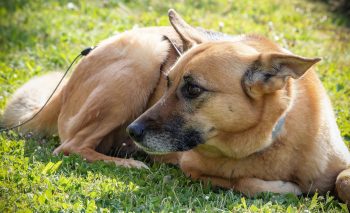
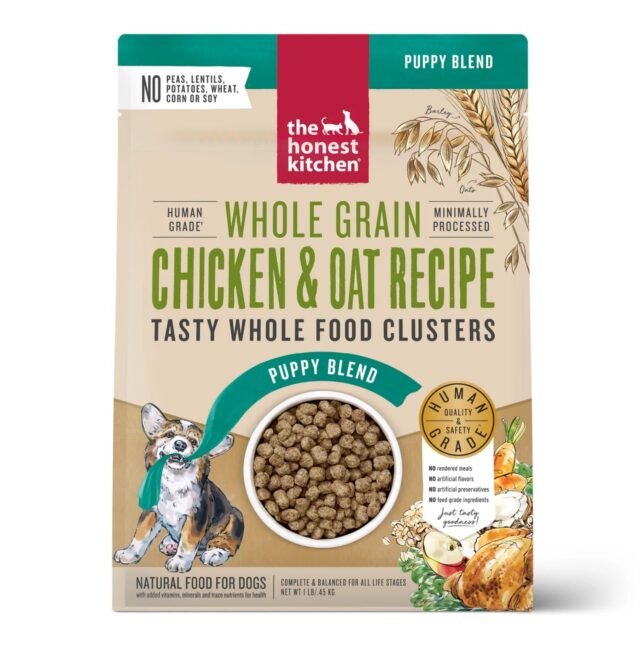
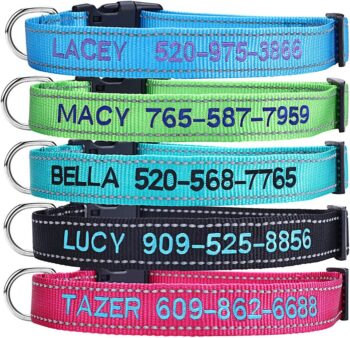
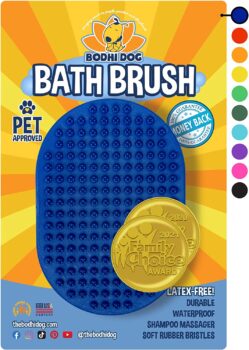
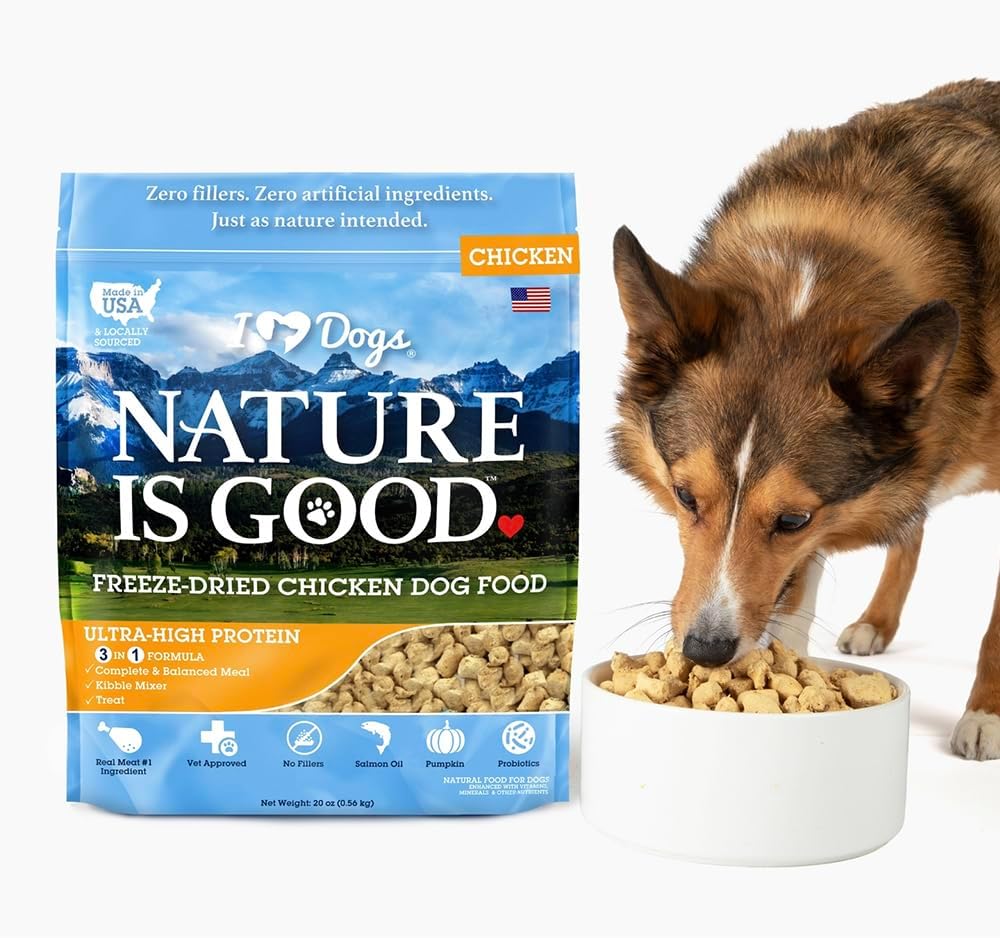
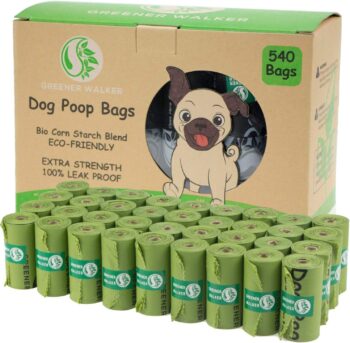
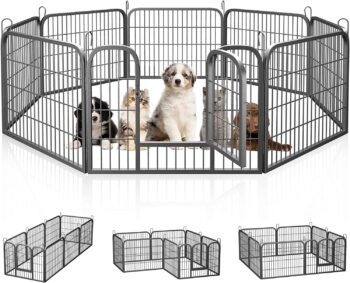
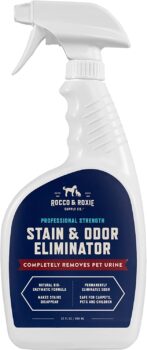
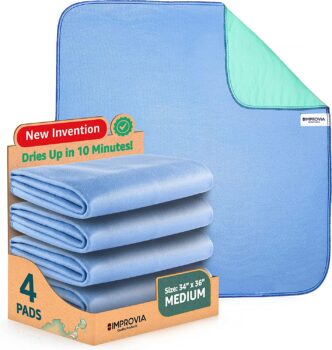
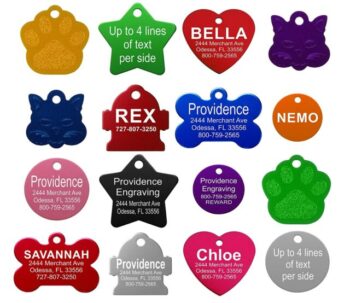
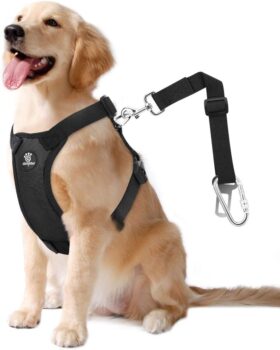
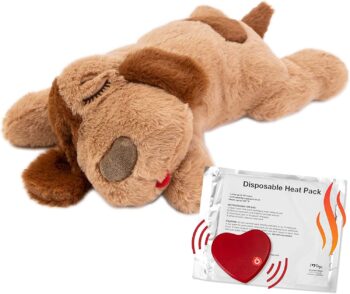
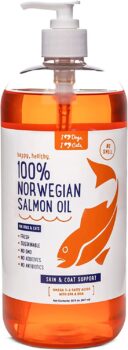
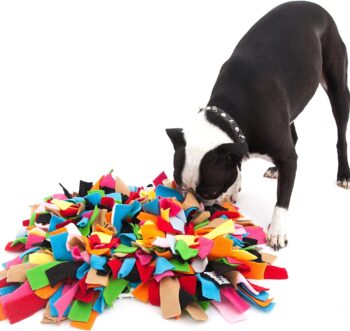
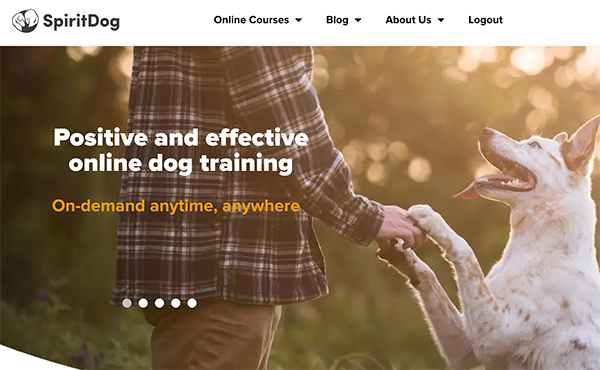
 Toledo, United States.
Toledo, United States.